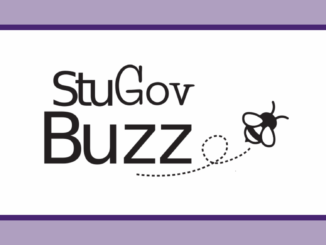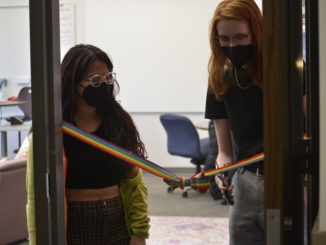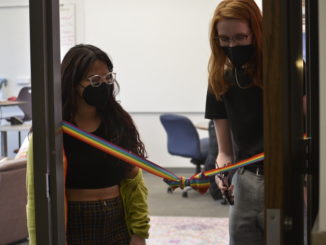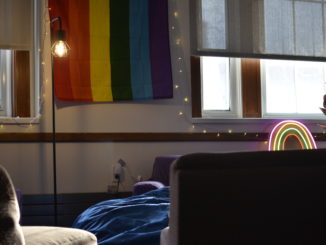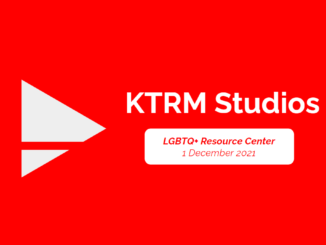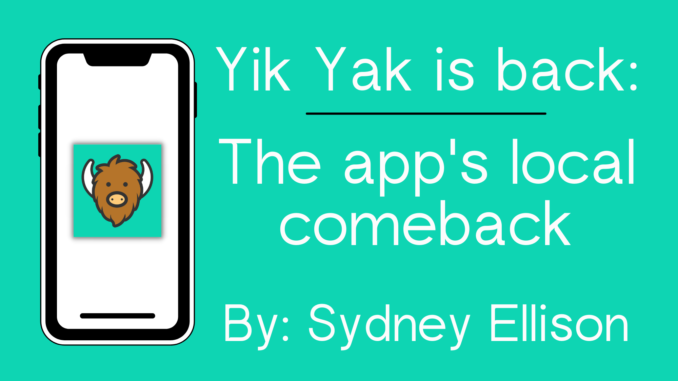
There is a new app gaining prominence among Truman State University students. Yik Yak allows users to post anonymously within a five mile radius. The app is especially popular on college campuses. Users can also upvote or downvote a post to show their opinion.
Yik Yak was originally launched during 2013 and had a strong surge of popularity, but after reports of unfettered cyberbullying, the app lost momentum and shut down during 2017. The app relaunched during 2021 solely on iOS with plans to expand to Android in the future.
“Yik Yak has been around for quite a while and they had several problems when it first came out, feeling that people were emboldened or felt brave enough to say things that they wouldn’t normally say to peoples faces or do so if they didn’t feel they were anonymous,” Sara Seifert, director of Public Safety, said.
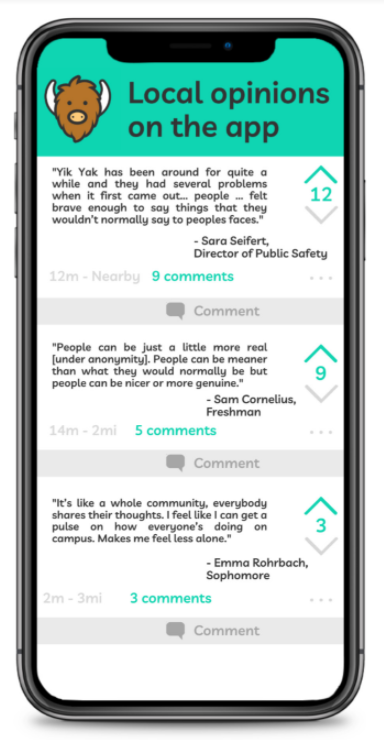
On the Truman campus, freshman Sam Cornelius uses the app for entertainment. One thing he enjoys about the app is seeing how users respond when they have no accountability.
“People can be just a little more real [under anonymity],” Cornelius said. “People can be meaner than what they would normally be but people can be nicer or more genuine.”
Cornelius also partially credits Yik Yak for keeping him informed about groups or communities at Truman. He thinks the app is a good way to learn about problems that might be happening.
The app was particularly helpful in spreading information about the petition for an LGBTQ+ center on campus. Many posts urged readers to take action.
“I think reading [Yik Yaks] keeps you in touch with a lot of things about campus because I heard things about communities that I wasn’t really involved in but I got to second-hand experience their disputes,” said Cornelious.
With Yik Yak’s anonymity comes some potential problems. A bomb threat was posted on the app Sept. 11. DPS was alerted through emails from concerned students and reached out to Yik Yak to get the phone information of the poster. Once acquired, DPS was able to track down this student through IT services at Truman.
Seifert said she discovered the app was relaunched through this incident. She had previously worked as a part of the internet crimes against children unit in the Kirksville police department. It was there that she learned and dealt with Yik Yak in its earliest stages.
Seifert said Yik Yak is one of the easiest social media sites she has worked with. The company so far has answered quickly and with as much information as legally possible. This was not the case for the original Yik Yak that launched in 2013. Seifert recalls that it was very difficult to get information quickly back then.
The app’s anonymity makes it stand out among many other prominent social media apps. There are no usernames or profile pictures. There is only Yakarma which are points awarded for engaging on the app.
Anonymity can encourage people to comment thoughts that might be hard to share in real life. Comments range from explicit content to detailed mental struggles. Anonymity can lessen embarrassment when asking for advice or decrease the fear of ridicule. Yik Yak can create a space for a community to be more forthcoming and honest.
“I think that social media allows people the feeling of anonymity, or being anonymous, and that they are more likely to say and do things that they wouldn’t normally do in person,” Seifert said.
On the other hand, anonymity can reveal thoughts that would be too risky to reveal otherwise. It can allow for cyberbullying, as seen with the original launch of Yik Yak. Seifert said the anonymity of the app is only surface level.
“Nothing is anonymous on the internet, you leave a digital footprint with everything that you do,” Seifert said.
According to Cornelius, he has not seen much of the negative side to anonymity. Cornelius thinks the app does a great job at connecting communities, especially on college campuses. He recalls going back to his hometown and checking the app only to see everyone posting about their colleges.
“I think it’s a way to form a community of college students which is really cool cause it’s easy to get alienated even when there’s a lot of stuff going on,” Cornelius said.
Sophomore Emma Rohrbach thinks the app builds a more connected student body. She is only a reader on the app and uses it occasionally as a form of entertainment. According to her, the pros of the app outweigh the cons.
“It’s like a whole community, everybody shares their thoughts. I feel like I can get a pulse on how everyone’s doing on campus,” Rohrbach said. “Makes me feel less alone.”

